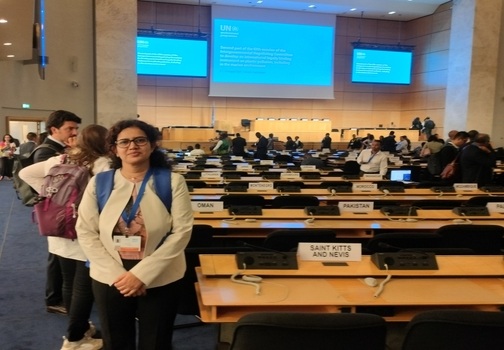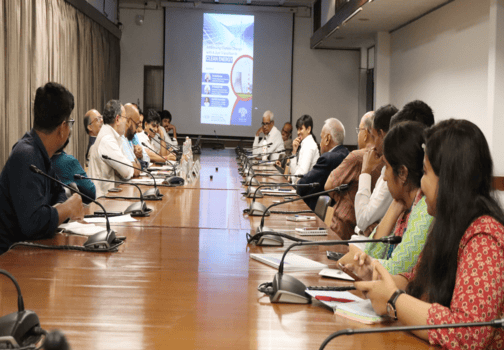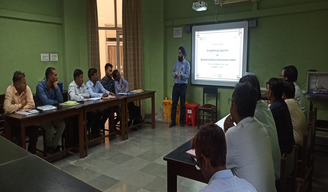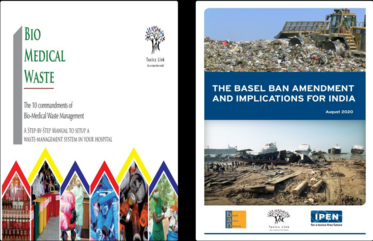EXPORT OF SILK WASTE
LOK SABHA
UNSTARRED QUESTION NO. 2972
TO BE ANSWERED ON 18.03.2025
EXPORT OF SILK WASTE
2972. DR. C N MANJUNATH:
Will the Minister of TEXTILES be pleased to state?
(a) whether it has come to the notice of the Government that due to lack of facilities about 6000 metric tonnes of silk waste is exported to other countries and value-added products produced from it are imported to our country;
(b) if so, the steps will be taken to establish/renew spun silk mills to utilize the silk waste indigenously;
(c) whether in some seasons there is difficulty in the supply of P1 level basic eggs (CSR2, FC1 and FC2);
(d) whether permission will be given to private organization to supplement supply P1 eggs having necessary expertise and facilities and if so, the details thereof;
(e) whether the Rapid urbanization and industrialization are threatening mulberry cultivation and the area is declining; and
(f) if so, whether action will be taken to declare Special Sericulture Zones (SSZs) and legally protect mulberry plantations?
ANSWER
THE MINISTER OF STATE FOR TEXTILES
(SHRI PABITRA MARGHERITA)
(a) & (b): As per DGCIS, Kolkata reports, during 2023-24, 3348 MT of silk waste was exported from the country.
The major silk products which is being imported from other countries is raw silk, and not the value-added roducts made up of silk waste. To utilize the silk waste/spun silk indigenously, 3 Spun silk mills at Assam, BTC and Manipur are under establishment by the respective State Governments. Additionally, small spinning machines like Miniature spinning mill, Motorized cum Pedal operated spinning machine are also being supported under Silk Samagra2 scheme.
(c) & (d): To produce P1 basic seed, scientific & technical expertise is the prerequisite. Maintenance of genetic purity of the silkworm breeds and its foundation crosses for true-to-type traits is a meticulous process and which is essential to carry & retain breed characters for subsequent generations to produce quality seeds. Hence, P1 basic seed is produced at the level of Central Silk Board and State Government, to ensure proper breed maintenance and to avoid genetic deterioration. However, Central Silk Board is promoting registered private entrepreneurs for bivoltine seed cocoon production from P1 seeds and production of commercial silkworm seeds for supply to famers. As on date, 342 number of Registered Seed Production (RSP) (private entrepreneurs) involved in commercial mulberry silkworm seed production and 5652 number of Registered Seed Cocoon Producers (RSCP) are engaged in mulberry seed cocoon production.
(e) & (f): The mulberry cultivation area has increased from 2, 19,819 Hectare in 2014-15 to 2,63, 352 Hectare in 2023-24. Since there is no decline in cultivation areas. Declaration of Special Sericulture Zone (SSZs) matter comes under the purview of State Governments and so far, no such proposals have been received from State Governments.






